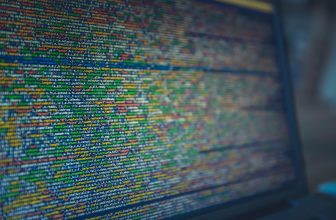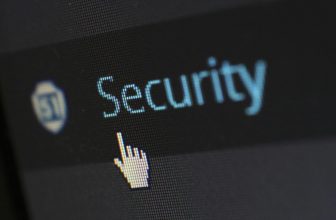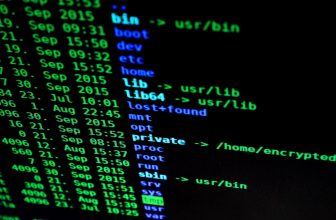
Ethical hacking, often referred to as penetration testing or white-hat hacking, involves the same tools, techniques, and processes that hackers use, but with one major difference — ethical hackers have permission to break into the systems they test✨. They do so with the goal of discovering vulnerabilities from a malicious hacker’s viewpoint to better secure systems🛠️.
Whether you are an aspiring ethical hacker or a cybersecurity professional looking to expand your toolkit, here are the essential tools you should be familiar with🔍:
1✨. Network Analyzers/Sniffing Tools
- Wireshark: This is one of the most widely used network protocol analyzers🌐. It lets you capture and interactively browse the traffic running on a computer network🔎.
- tcpdump: This command-line utility is a packet analyzer that allows you to capture and display TCP/IP and other packets being transmitted or received over a network to which the computer is attached📈.
2✨. Vulnerability Scanning Software
- Nessus: A popular vulnerability scanner that scans for known vulnerabilities, missing patches, and potential risks🔐.
- OpenVAS: An open-source vulnerability scanner and manager that can help you identify security issues in your network🔍.
3✨. Exploitation Frameworks
- Metasploit: An indispensable framework that provides information about security vulnerabilities and assists in penetration testing and IDS signature development💻.
- BeEF (Browser Exploitation Framework): A powerful tool that focuses on the web browser, allowing the ethical hacker to assess the actual security posture of a target environment🌐.
4✨. Password Cracking Tools
- John the Ripper: This is a fast password cracker, currently available for many flavors of Unix, Windows, DOS, BeOS, and OpenVMS🔐.
- Hashcat: Known for its speed and versatility, Hashcat is a robust password recovery utility⚡.
5✨. Web Application Assessment Tools
- Burp Suite: An integrated platform for performing security testing of web applications🔎. It is not just a scanner but a suite of tools for various tasks🛠️.
- OWASP ZAP (Zed Attack Proxy): An open-source web application security scanner that is easy to use for those new to penetration testing🌐.
6✨. Wireless Network Analysis Tools
- Aircrack-ng: A network software suite consisting of a detector, packet sniffer, WPA/WPA2-PSK cracker, and analysis tool for 802.11 wireless LANs📶.
- Kismet: A wireless network detector, packet sniffer, and intrusion detection system🔍.
7✨. Secure Shell (SSH) Tools
- PuTTY: A free and open-source terminal emulator, serial console, and network file transfer application that supports various network protocols such as SSH, SCP, and Telnet🔒.
- OpenSSH: A suite of secure networking utilities based on the Secure Shell protocol, providing a secure channel over an unsecured network in a client-server architecture🛡️.
8✨. Forensic Tools
- Autopsy: A digital forensics platform and graphical interface to The Sleuth Kit and other digital forensics tools🔍. It is used by law enforcement, military, and corporate examiners to investigate what happened on a computer🖥️.
- Volatility: An open-source memory forensics framework for incident response and malware analysis🔍.
9✨. Programming/Scripting Languages
- Understanding at least one programming or scripting language (e.g., Python, Ruby, Bash) is essential for automating tasks, writing your own tools, and understanding exploit code💻.
10✨. Operating Systems and Virtualization
- Kali Linux: This is a Debian-based Linux distribution aimed at advanced penetration testing and security auditing🔒. It comes with many pre-installed tools🛠️.
- VirtualBox/VMware: Virtualization software allows users to run multiple operating systems including various security testing platforms, which is important for creating a safe environment to test and explore vulnerabilities💡.
Conclusion
For those looking to embark on a journey into the realm of ethical hacking, having the right tools is a critical first step🔑. Each of the mentioned utilities has its place in a hacker’s toolkit and familiarizing yourself with these will provide a solid foundation for your explorations and professional development📚. Remember to always pursue ethical hacking with permission and within the boundaries of the law to maintain integrity and legality in your work🛡️. Happy hacking❗





